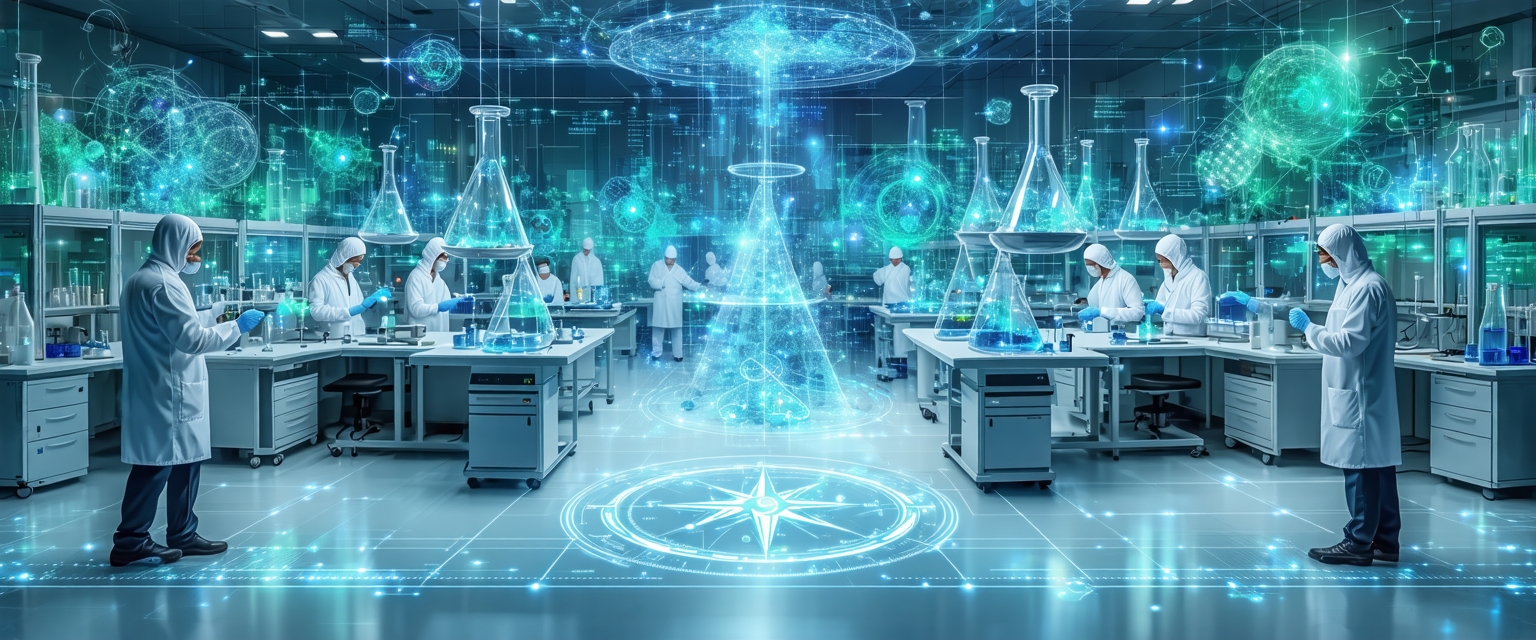






Biotechnology, the application of biological systems and organisms to develop or make products, has experienced exponential growth over the past few decades. Driven by advancements in genetic engineering, genomics, and synthetic biology, this field is transforming healthcare, agriculture, and industrial processes. However, its rapid progress necessitates careful consideration of ethical, economic, and societal implications.
The foundations of modern biotechnology were laid in the 1970s with the development of recombinant DNA technology, allowing scientists to manipulate genes and transfer them between organisms. This breakthrough paved the way for the production of insulin, human growth hormone, and other life-saving therapeutics. Subsequent advancements in gene sequencing and genome editing technologies, such as CRISPR-Cas9, have further accelerated the field’s potential.
Recent breakthroughs include advancements in personalized medicine, utilizing an individual’s genetic information to tailor treatments. mRNA vaccines, rapidly developed and deployed during the COVID-19 pandemic, represent a significant achievement in biotechnology’s translational power. Furthermore, research into gene therapy holds promise for curing genetic diseases previously considered incurable.
According to a report by the McKinsey Global Institute (2022), the biotechnology sector is projected to generate trillions of dollars in economic value over the coming decades. However, Dr. Jennifer Doudna, a pioneer in CRISPR-Cas9 technology, emphasizes the need for responsible innovation, highlighting ethical considerations surrounding gene editing in human embryos (Doudna, 2021). These perspectives underscore the complex interplay between scientific advancement and societal responsibility.
The future of biotechnology holds immense potential for addressing global challenges, including food security, climate change, and disease. However, ethical concerns surrounding gene editing, access to advanced therapies, and potential unintended consequences require careful consideration and robust regulatory frameworks. Continued investment in research and development, alongside open public dialogue, is crucial for harnessing the benefits of biotechnology while mitigating its risks.